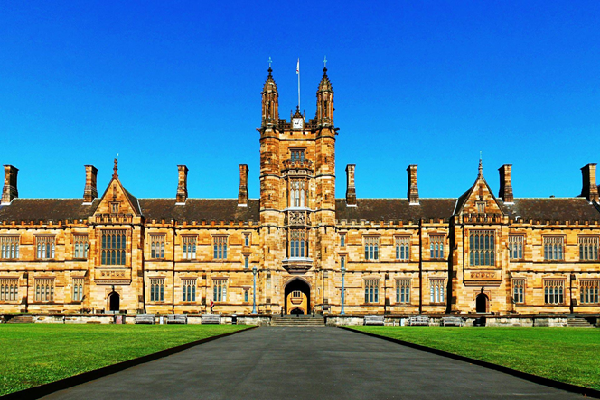University of Sydney Establishes Centre of Excellence in Gambling Research
The creation of the Centre of Excellence in Gambling Research (CoEGR) is made possible through $600,000 of funding from the International Center for Responsible Gaming (ICRG), a global leader in research and education on gambling disorder and responsible gambling.
CoEGR will operate under the leadership of Professor Sally Gainsbury, a leading expert in gambling psychology research, bringing together a diverse group of researchers from various fields including psychology, economics, business, psychology, and public health.
![Professor Sally Gainsubry [Credit: Stefanie Zingsheim, University of Sydney]](https://www.sydney.edu.au/dam/corporate/images/news-and-opinion/news/2023/august/sally-gainbury-by-stefanie-zingsheim.jpg/_jcr_content/renditions/cq5dam.web.1280.1280.jpeg)
Professor Sally Gainsubry [Credit: Stefanie Zingsheim, University of Sydney]
An essential aspect of CoEGR’s approach is partnerships with major gambling operators which will allow researchers to conduct live trials and test the efficacy of interventions designed to encourage positive behavioural change. The primary objective of CoEGR is to translate its research findings into practical and evidence-informed strategies that can prevent and reduce gambling-related harms.
“This unprecedented collaboration with gambling operators will enable the centre to overcome previous limitations in the field, paving the way for new and effective research outcomes,” Professor Gainsbury said.
“The operators will share de-identified data on gambling behaviours and allow us to evaluate new interventions, giving us a unique opportunity to create a dataset with a high level of detail on gamblers.”
Professor Gainsbury, from the Brain and Mind Centre and School of Psychology in the Faculty of Science, is the Director of the Gambling Treatment & Research Clinic, and founder and leader of the Technology Addiction Team.
Taking a truly multi-disciplinary approach, the researchers involved in CoEGR include Professors Deborah Cobb-Clark and Agnieszka Tymula from the School of Economics, Associate Professor Daniel Gozman from the Business School, and Dr Louise Thornton from The Matilda Centre for Research in Mental Health and Substance Use.
“We aim to have a consumer-centric approach to reducing gambling harms. We want to use different ways to approach key problems and consult and learn from individuals who use gambling products as well as stakeholders throughout to develop solutions which will work in the real world,” Professor Gainsbury said.
Previous research by Professor Gainsbury found around one percent of adults in Western countries experience disordered gambling and four percent face serious sub-clinical gambling issues, but less than 10 percent seek professional support.
“Currently most gamblers do not seek treatment until they have reached a crisis point. We want to improve preventive interventions and encourage positive habit change at early-stages of harms developing using communication strategies and consumer-focused tools,” Professor Gainsbury said.
“We are thrilled about the opportunities that the Centre of Excellence in Gambling Research presents thanks to the multi-year funding from the International Centre for Responsible Gaming.
“Through our collaboration with industry operators, policy makers, regulators, community organisations and of course consumers and those with lived experience of gambling harms, as well as leveraging the international experts on our Advisory Committee, we aim to ensure that our research findings directly inform policy and practice, leading to real-world harm reduction.”
CoEGR will be embedded within the University’s existing support structures, including the Brain and Mind Centre and two sub-divisions – the Gambling Treatment and Research Clinic and the Technology Addiction Team – ensuring a holistic and comprehensive approach to addressing gambling-related issues.
The University of Sydney will provide further financial support, strengthening CoEGR’s research capabilities. Additionally, the funding will support postdoctoral researchers in psychology and economics, enabling further in-depth investigations into gambling behaviour and its impact on society.

